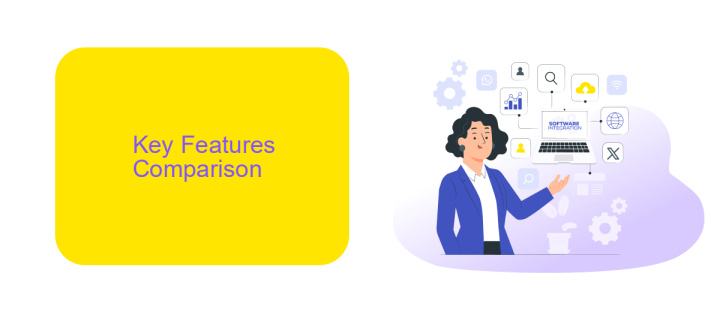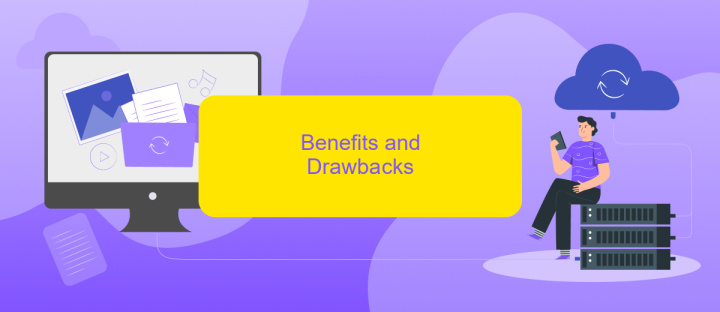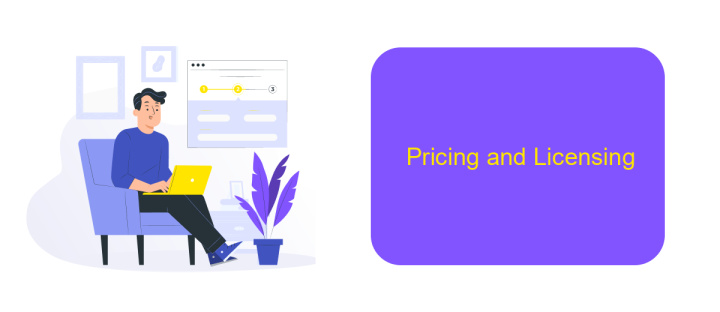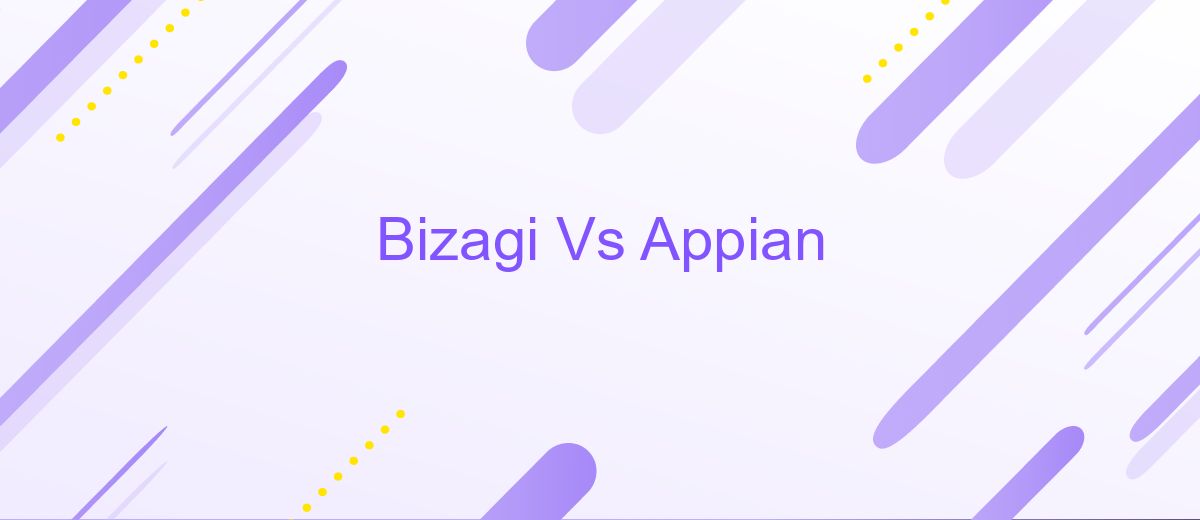Bizagi Vs Appian
When it comes to Business Process Management (BPM) software, Bizagi and Appian are two prominent contenders that offer robust solutions for streamlining operations and improving efficiency. This article aims to provide a comprehensive comparison between Bizagi and Appian, examining their key features, ease of use, customization capabilities, and overall performance to help businesses make an informed decision.
Introduction
In the ever-evolving landscape of Business Process Management (BPM), selecting the right platform can be a daunting task. Two of the prominent players in this field are Bizagi and Appian. Both platforms offer robust solutions for automating, optimizing, and managing business processes, yet they cater to different needs and preferences. This article aims to provide a comprehensive comparison between Bizagi and Appian to help organizations make an informed decision.
- Bizagi: Known for its user-friendly interface and ease of use, Bizagi is ideal for organizations seeking quick deployment and minimal coding requirements.
- Appian: Appian stands out with its low-code development platform, enabling rapid application development and integration capabilities.
When it comes to integration, services like ApiX-Drive can play a crucial role. ApiX-Drive simplifies the process of connecting various applications and automating workflows, making it easier for businesses to leverage the full potential of both Bizagi and Appian. By understanding the strengths and limitations of each platform, organizations can better align their BPM strategy with their specific operational needs.
Key Features Comparison

Bizagi and Appian are two leading BPM platforms, each offering distinct key features that cater to various business needs. Bizagi excels in its user-friendly interface, allowing non-technical users to design and automate workflows with ease. It provides robust process modeling capabilities, enabling detailed visual representations of business processes. Additionally, Bizagi offers strong integration options, including pre-built connectors and the ability to use ApiX-Drive for seamless integration with other applications, ensuring smooth data flow across systems.
Appian, on the other hand, is known for its low-code development environment, which significantly reduces the time required to build and deploy applications. It emphasizes rapid application development, making it ideal for organizations looking to quickly adapt to changing business requirements. Appian also offers powerful case management features, allowing for dynamic handling of complex workflows. Its integration capabilities are bolstered by a comprehensive set of APIs and connectors, including support for ApiX-Drive, facilitating efficient connectivity with various third-party systems.
Benefits and Drawbacks

When comparing Bizagi and Appian, both platforms offer robust solutions for business process management, but each has its unique strengths and weaknesses.
- Bizagi Benefits: User-friendly interface, strong process modeling capabilities, and extensive documentation. It also offers cost-effective pricing and seamless integration with other systems using services like ApiX-Drive.
- Bizagi Drawbacks: Limited scalability for very large enterprises and occasional performance issues with complex processes.
- Appian Benefits: Highly scalable, strong mobile support, and advanced analytics. It excels in handling complex workflows and offers a wide range of integration options, including ApiX-Drive.
- Appian Drawbacks: Higher cost and a steeper learning curve, which can be challenging for smaller organizations or those with limited technical expertise.
Ultimately, the choice between Bizagi and Appian will depend on your organization's specific needs, budget, and technical resources. Both platforms provide valuable tools for optimizing business processes, but careful consideration of their respective benefits and drawbacks is essential for making the right decision.
Pricing and Licensing

When comparing Bizagi and Appian, understanding their pricing and licensing structures is crucial for making an informed decision. Both platforms offer flexible pricing models, but there are key differences that may influence your choice.
Bizagi provides a subscription-based pricing model with options tailored to various business needs. This includes cloud and on-premises deployment options, allowing organizations to choose the best fit for their infrastructure. Appian, on the other hand, offers a usage-based pricing model, which can be more cost-effective for businesses with fluctuating needs.
- Bizagi: Subscription-based pricing, cloud and on-premises options
- Appian: Usage-based pricing, flexible for varying demands
- Both: Enterprise-grade features, robust support, and scalability
In addition to pricing, consider the ease of integration with existing systems. Both Bizagi and Appian support extensive integrations, and services like ApiX-Drive can simplify the process, ensuring seamless connectivity across your business applications. Ultimately, the choice between Bizagi and Appian will depend on your specific requirements and budget constraints.
Conclusion
In conclusion, both Bizagi and Appian offer robust solutions for business process management, each with its own strengths and weaknesses. Bizagi shines with its user-friendly interface and powerful modeling capabilities, making it an excellent choice for organizations seeking ease of use and rapid deployment. On the other hand, Appian excels in scalability and integration capabilities, catering to enterprises that require a more comprehensive and flexible solution.
When considering integration and automation, tools like ApiX-Drive can significantly enhance the functionality of both platforms. ApiX-Drive simplifies the process of connecting various applications and services, enabling seamless data flow and operational efficiency. Ultimately, the choice between Bizagi and Appian will depend on your specific business needs, budget, and technical requirements. Evaluating these factors carefully will help you determine which platform aligns best with your organizational goals.


FAQ
What are the main differences between Bizagi and Appian?
Which platform is easier to use for beginners?
How do Bizagi and Appian handle integrations with other systems?
Can Bizagi and Appian be used for automation?
What are some third-party services that can help with implementing automation and integration for these platforms?
Routine tasks take a lot of time from employees? Do they burn out, do not have enough working day for the main duties and important things? Do you understand that the only way out of this situation in modern realities is automation? Try Apix-Drive for free and make sure that the online connector in 5 minutes of setting up integration will remove a significant part of the routine from your life and free up time for you and your employees.

